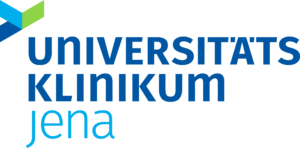Confirmed Speakers
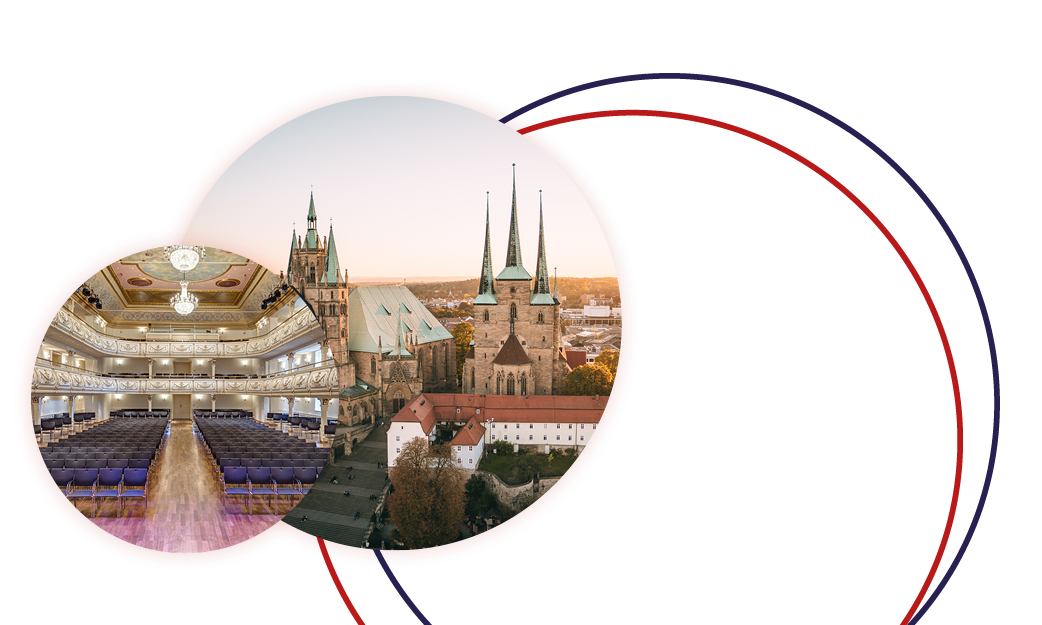
The following invited speakers have confirmed their participation:

Petra Arck
Hamburg, Germany
Petra Arck is a Professor of Feto-Maternal Medicine at the University Medical Center Hamburg-Eppendorf. Her primary research focuses on how maternal immune adaptation during pregnancy functions and how it can be vulnerable to challenges. She aims to understand how health and disease in children are programmed during pregnancy. Petra has supervised many emerging medical and basic science researchers, many of whom continue to work in academia. She also serves as Dean of Research for the Medical Faculty since 2018. Additionally, she is a member of various executive and advisory boards for scientific societies, journals, funding agencies, and institutions.
Presentation Title:
Climate and Pregnancy and Placenta

Jutta Arens
Twente, Netherlands
… coming soon
Presentation Title:
Development of an Artificial Placenta System: A Joint Clinical and Technical Perspective

Pascale Chavatte-Palmer
Jouy-en-Josas, France
… coming soon
Presentation Title:
Heat stress and placenta in large animals
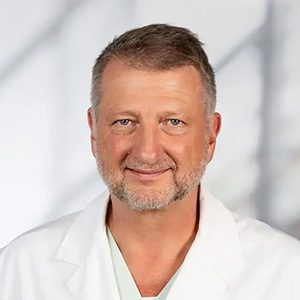
Christoph Fusch
Nürnberg, Germany
Dr. Fusch is a neonatologist and pediatric intensivist, trained in Germany and Swizerland.
From 1997 until 2008 he was chair and chief of Neonatology at the University of Greifswald, Germany. From 2008 until 2016 he was the first to hold the Jack Sinclair Chair of Neonatology at McMaster Universitiy in Ontario, Canada. In 2016 he became Professor of Pediatrics at Paracelsus Medical School in Nuernberg, Germany and is currently Chief of the Department Pediatrics at Nuernberg General Hospital. He remains affiliated with McMaster as Professor Emeritus in Pediatrics.
His research is in the fieled of neonatal nutrition metabolism and growth, with special interest in VLBW infants. Together with McMaster he also has a working group on the „Artificial Placenta“.
Presentation Title:
Development of an Artificial Placenta System: A Joint Clinical and Technical Perspective

Thomas Hankemeyer
Leiden, Netherlands
… coming soon
Presentation Title:
Innovative technology to isolate placental extracellular vesicles from blood and other samples using a microfluidic device, separation based on electrophoretic mobility, and using mass spectrometry as read out
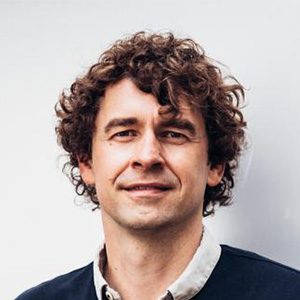
Johannes Krause
Leipzig, Germany
Prof. Dr. Johannes Krause earned his Ph.D. in Genetics at Leipzig University. He was appointed junior professor for Paleogenetics at the University of Tübingen in 2010, and subsequently full professor for Archaeo- and Paleogenetics at the same university in 2013. In 2014, he became founding director of the Max Planck Institute for the Science of Human History in Jena, heading the Department of Archaeogenetics. In 2018 he became full professor at the Friedrich Schiller University Jena. He is one of the founding directors of the Max Planck-Harvard Research Center for the Archaeoscience of the Ancient Mediterranean (MHAAM), established in 2017. In 2020 he was reappointed to the Max Planck Institute for Evolutionary Anthropology and his department moved to Leipzig.
Prof. Dr. Krause focuses on the analysis of ancient DNA to investigate such topics as pathogens from historic and prehistoric epidemics, human genetic history, and human evolution. He contributed substantially to deciphering the Neanderthal genome and the shared genetic heritage of Neanderthals and modern humans. In 2010, while working at the Max Planck Institute for Evolutionary Anthropology in Leipzig, he discovered the first genetic evidence of the Denisovans, an extinct hominin found in Siberia. His recent work includes revealing the genetic heritage of ancient Egyptians, reconstructing the first Pleistocene African genomes, uncovering the source of the epidemic plague bacteria that periodically caused historic and prehistoric epidemics in Europe, and clarifying the complex history of Europe’s prehistoric mass migrations. Prof. Dr. Krause has more than 250 publications in peer-reviewed journals, including Nature, Science, Cell, Nature Reviews Genetics, PNAS, Nature Microbiology, Nature Communications, etc. He also authored two international bestsellers translated into more than 20 languages.
Presentation Title:
Genetic History of Europe: Adaptation and Migration in prehistory
Ancient DNA can reveal prehistoric events that are difficult to discern through the study of archaeological remains and modern genetic variation alone. Over the past decade, the newly emerging field of archaeogenetics analyzed more than 5,000 ancient human genomes spanning the last 10,000 years of western Eurasian prehistory. We have uncovered at least two major genetic turnover events at the beginning and at the end of the Neolithic period that dramatically changed the genetic landscape of Europe. These changes were likely caused by at least two major migration events, first by early farmers who spread from Anatolia beginning about 8,000 years ago, bringing agriculture and domesticated animals to Europe. Following their arrival, early farmers genetically mixed with indigenous Europeans over the next 3,000 years. At the end of the Neolithic period, about 5,000 years ago, we can find the first genetic evidence of another major migration event of groups from the eastern European Pontic steppe, north of the Black Sea, into the European heartland. The newcomers were herders, practiced pastoralism, and were highly mobile. Besides introducing new cultural practices, they may have been responsible for the spread of Indo-European languages.
Thus, we find that all modern European populations today are a genetic mixture of these steppe herders, early Anatolian farmers, and indigenous European hunter-gatherers in varying proportions. Over the past 10,000 years, we observe major changes in human phenotypes such as eye and skin color, and the ability to digest lactose, which can be attributed to genetic mixing and local biological adaptation.
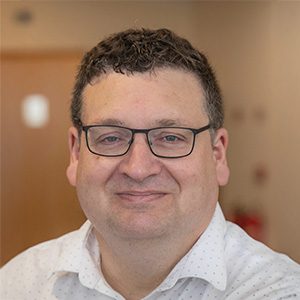
Rohan Lewis
Southampton, United Kingdom
Professor Lewis gained his PhD from the University of Auckland, New Zealand, before undertaking postdoctoral research at the University of Cambridge. He then moved to the University of Southampton, where his research centres on the placenta and its vital role in healthy fetal development. By nourishing the fetus and removing waste products, a well-functioning placenta supports not only a healthy birth but also long-term health across the lifespan. Professor Lewis takes an interdisciplinary approach, combining functional studies with advanced multiscale 3D imaging and mathematical modelling to build a comprehensive understanding of placental function. His integrated research aims to uncover how the placenta supports fetal health and to address complications that can arise during pregnancy.
Presentation Title:
Placenta nanostructure
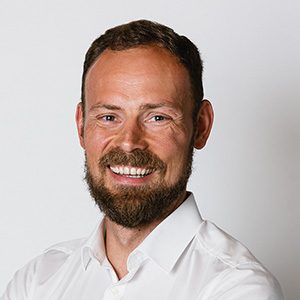
Stefan Posch
Graz, Austria
- MSc and PhD in Mechanical Engineering, Graz University of Technology (TU Graz)
- 2017–2019: Senior Engineer, Midea Austria GmbH
- 2019–2025: Senior Scientist, Large Engines Competence Center (LEC), Graz – Team Lead for Advanced 3D-CFD Simulation and AI-Enhanced Modeling
- 2025–present: University Assistant, Graz University of Technology (TU Graz)
Presentation Title:
Ex vivo placental perfusion meets machine learning

Niels Rochow
Nürnberg, Germany
- Dr. Rochow did his training in pediatrics in Germany. He joined McMaster University NICU as a research fellow in 2010 and completed his clinical fellowship in perinatal-neonatal medicine at McMaster University.
- Dr. Rochow obtained his PhD in growth and nutrition of preterm infants.
- Currently, Dr. Rochow is staff neonatologist at the University Children’s hospital in Nuremberg, Germany.
- Dr. Rochow’s main research focus is growth, nutrition, and development of preterm infants.
- He developed growth charts obtained from large national perinatal surveys and created an approach for individualized growth trajectories of preterm infants (http://www.growthcalculator.org).
- Dr. Rochow also studied individualized target fortification of breast milk using modular products for fat, protein, and carbohydrate for very low birth weight infants and how breast milk could be measured at the bedside. Further, he studied effects of nutrition on the body composition of preterm infants.
- Dr. Rochow also has a great interest in the fetal development. He worked with the dual-loop perfusion system for human placental tissue to study placental metabolism and inflammation.
- Dr. Rochow is currently EU-project for the development of an artificial placenta which will act as a lung and kidney assist device to support newborns with respiratory and renal failure (http://www.artplac.eu).
- Dr. Rochow is a reviewer for medical journals, authored several peer-reviewed publications and book chapters.
Presentation Title:
Development of an Artificial Placenta System: A Joint Clinical and Technical Perspective
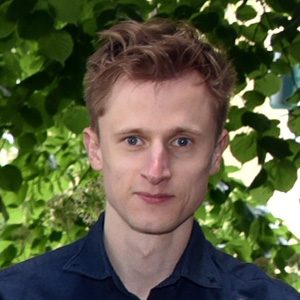
Ulrich Schneider
Jena, Germany
Studies in biomedicine and business administration for natural scientists, PhD in medical ethics (thesis on ethics of germline genome editing), postdoctoral researcher at the Chair of Applied Ethics at Jena University, Germany, researcher in projects on ethical questions of ageing research (formerly) and ethical questions of reproductive medicine research (currently), member of ethics commission of Jena University, member of ethics committee for preimplantation genetic diagnosis at the state medical chamber Baden-Württemberg.
Presentation Title:
What can we learn from medical ethics?

Andreas Schober
Ilmenau, Germany
… coming soon
Presentation Title:
AI-based automated placenta explant sampling
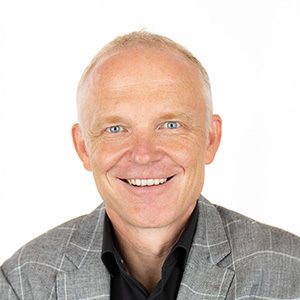
Christian Wadsack
Graz, Austria
Christian Wadsack, PhD
Department of Obstetrics and Gynecology, Medical University of Graz, Auenbruggerplatz 14, 8036 Graz, Austria
website: www.placentalab.science
Citizenship: Austria
Acad. Degree: Mag. Dr.rer.nat.
Current Position: Univ. Professor
ORCID: 0000-0002-5589-8642
ACADEMIC APPOINTMENTS
2021 – now:
Full Professor for Metabolic Diseases in Pregnancy with Focus on the Physiology of the Human Placenta, Department of Obstetrics and Gynecology, Medical University of Graz, Austria
MAIN RESEARCH AREA/SCIENTIFIC RESULTS
The research of my lab focuses on the human placenta, particularly its role in metabolic diseases during pregnancy. His interdisciplinary team investigates how maternal and fetal factors influence placental function, aiming to understand metabolic signals in both normal and pathological pregnancies. A significant aspect of their work involves studying bioactive lipids and their enzymes, such as arachidonic acid (AA), which the placenta cannot synthesize. They explore how specific enzymes like diacylglycerol lipase (DAGL) and monoacylglycerol lipase (MGL) regulate AA availability, impacting inflammatory processes and the endocannabinoid system.
The team also examines metabolic lipid-associated changes in the placenta during inflammatory pregnancy disorders, including preeclampsia and gestational diabetes. They analyze alterations in the endocannabinoid system, bioactive phospholipids, and lipoprotein functions compared to normal pregnancies. Additionally, they investigate the role of placental immune cells, such as Hofbauer cells, in these conditions, focusing on their response to inflammatory stimuli and the involvement of cytokines like transforming growth factor-beta (TGF-β). To facilitate these studies, my lab has established an ex vivo placental perfusion model, one of only ten worldwide. This model allows for the simulation of maternal and fetal circulations to study substance transfer across the placental barrier, providing insights into placental function under various conditions.
The ultimate goal of this research is to understand the “metabolic in utero programming” of the child, enabling predictions about potential metabolic diseases later in life. By comprehending how bioactive lipids and their mediators interact between the placenta and fetus, especially in cases of maternal obesity and related metabolic disorders, the team aims to improve health outcomes for both mother and child.
Presentation Title:
Ex vivo placental perfusion meets machine learning

Günter P. Wagner
New Haven, USA
Günter Wagner is a native of Vienna, Austria, and the Alison Richard Professor Emeritus of Ecology and Evolutionary Biology at Yale University. He is a chemical engineer by training and studied zoology and mathematics at the University of Vienna where he earned a Ph. D. in zoology. In 1991 he joined Yale’s Department of Biology as full professor and in 1997 he became the first chair of Yale’s Ecology and Evolutionary Biology Department. In 2010 he started the Yale Systems Biology Institute. After his retirement he resumed teaching and research at the University of Vienna and became a fellow at the Institute of Advance Study at Texas A&M University. His research interests include the evolution of pregnancy, and the evolutionary biology of cancer and female sexuality as well as conceptual aspects of evolutionary biology such as homology, modularity and evolutionary innovation. GPW is a Mac Arthur Fellow, member of the US National Academy of Sciences, the American Academy of Arts and Sciences, Fellow of the American Association for the Advancement of Science, the Connecticut Academy of Science and Engineering and a corresponding foreign member of the Austrian Academy of Sciences.
Presentation Title:
The evolution of fetal-maternal communication in eutherian mammals




